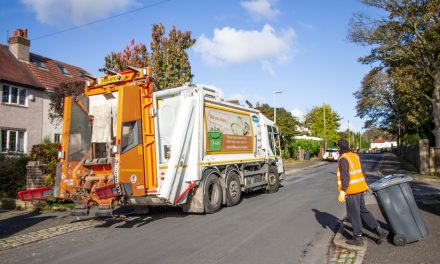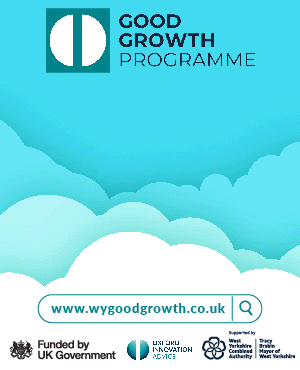Are you looking after someone else’s child, or do you know a child living with people who are not close relatives?
Kirklees Council is asking parents, carers and professionals to be aware of private fostering arrangements so that children can be protected and supported.
The Covid-19 pandemic has changed the way some families care for children and young people. Some families may have entered into a private fostering arrangement without realising what action they need to take.
Children under 16 (or 18 if disabled) are classed as privately fostered when, for 28 days or more, they are cared for on a full-time basis by adults who are not their parents or a close relative. A close relative could be a grandparent, brother, sister, step parent, aunt or uncle.
Clr Viv Kendrick, Cabinet member for Children, said: “It’s estimated that about 10,000 children in England are privately fostered, but councils can’t be sure of the exact numbers. We need to know about children and young people in these types of arrangements so we can identify any support that’s needed.
“Where a child is being privately fostered, the council has an essential role in making sure they are in a safe and suitable home.
“Their welfare is paramount, and we can also help the carers to provide the right kind of support. If you know of a child who’s living with people who are not close relatives, please contact us straightaway.”
Usually a birth parent arranges private foster placements, which could take many forms. These include children coming from abroad to access education and health; children living with a friend’s family after separation, divorce or arguments at home; teenagers living with the family of a boyfriend or girlfriend; or children of people who are working anti-social hours after coming to this country to study or work.
Action people should take includes:
Parents and carers must let the council know six weeks in advance if they are setting up a private fostering arrangement, or as soon as possible if arrangements are made in an emergency. Parents retain parental responsibility for the child or young person, including financial responsibility, so they must ensure the arrangement is suitable and the carer has all the information they need to care for the child.
Private foster carers must contact the council six weeks in advance, or as soon as possible if arrangements are made in an emergency. This will enable essential welfare checks to take place to make sure the child or young person receives the right support.
Children and young people who think they may be in a private fostering arrangement can contact the council for help and advice.
Teachers, health and other professionals must contact the council about a private fostering arrangement that comes to their attention if they don’t think the arrangement has been or will be reported.
Members of the public should contact the council if they are aware or suspect that a child is living in a private fostering arrangement that hasn’t been reported.
Please contact the Children’s Services Duty and Advice team by calling 01484 456848. Children can also use this number or can call Childline on 0800 1111 (calls are free).

















